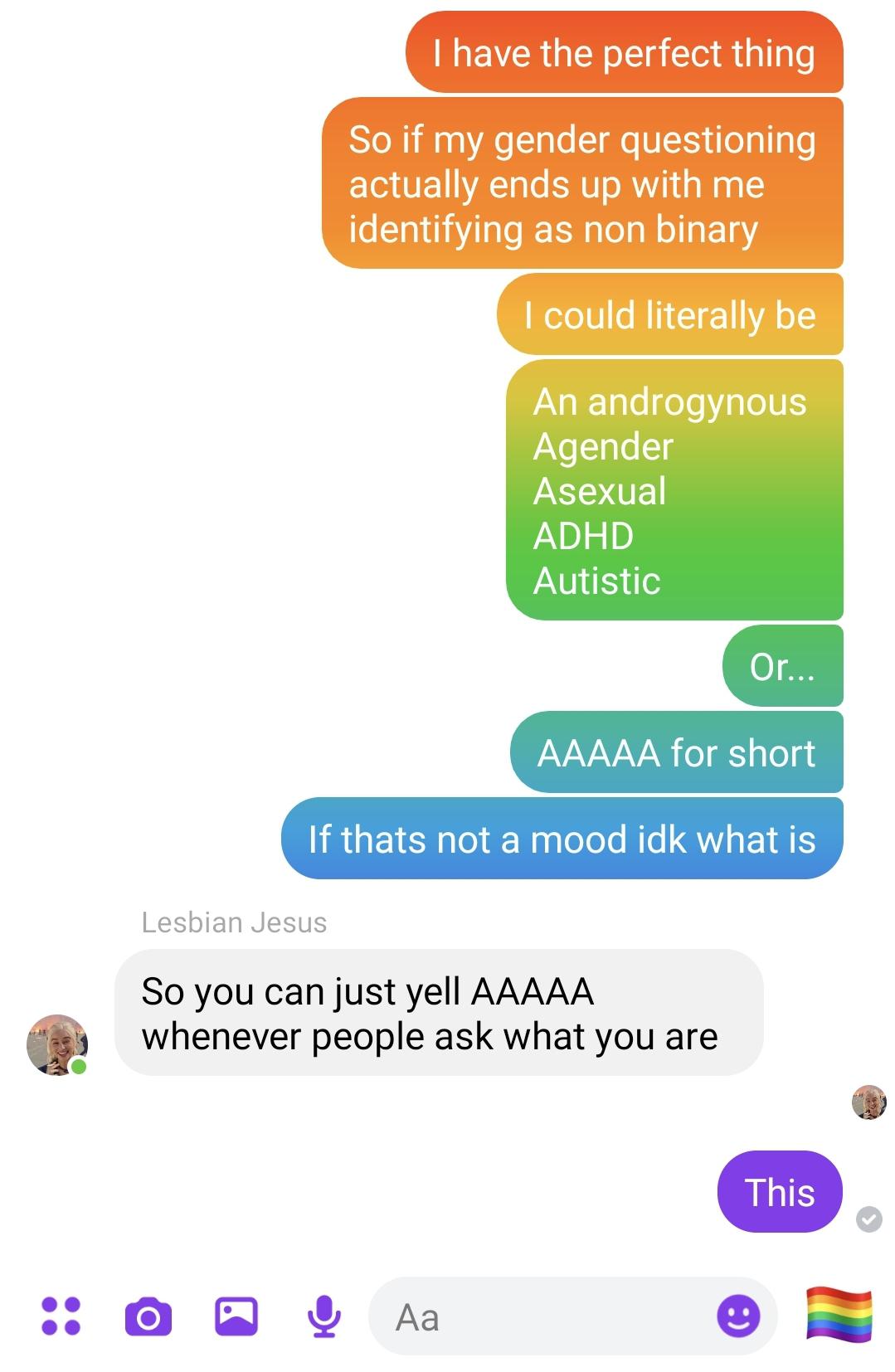Industry Slowdown: Impact On Video Game Accessibility

Table of Contents
Reduced Investment in Accessibility Features
Budget cuts are a common consequence of an industry slowdown. For video game developers, this often translates to fewer resources allocated to non-essential features, including accessibility. Prioritizing core gameplay mechanics over accessibility becomes a difficult but often necessary choice when profit margins are shrinking. This can lead to several negative consequences:
- Fewer accessibility consultants hired: Specialized consultants are crucial for ensuring games are truly inclusive. Budget constraints mean fewer of these experts are involved in the development process.
- Less testing with assistive technologies: Thorough testing with various assistive technologies (screen readers, controllers, etc.) is essential. Reduced testing means more accessibility bugs and limitations are likely to slip through.
- Post-launch accessibility updates delayed or cancelled: Many accessibility issues are identified and addressed post-launch. Industry slowdowns can result in these vital updates being postponed indefinitely or scrapped altogether.
- Reduced scope of accessibility features in game design: From customizable control schemes to robust subtitle options and comprehensive audio descriptions, the range of accessibility features offered might be significantly diminished. Features might be simplified or entirely omitted.
This reduction in investment directly impacts players with disabilities who rely on these features to enjoy video games. For example, a visually impaired player might be unable to navigate a game without sufficient audio descriptions, while a player with motor impairments might struggle with inflexible control schemes.
Impact on Smaller Indie Developers
The impact of an industry slowdown is particularly harsh on smaller, independent game developers. These studios, often operating with limited budgets and relying heavily on successful sales, may be forced to make difficult choices that prioritize core gameplay over accessibility features. This situation creates several challenges:
- Limited resources for accessibility development: Indie developers often lack the resources to hire accessibility specialists or invest in extensive accessibility testing.
- Lack of expertise in inclusive game design: Developing accessible games requires specialized knowledge and experience that may be lacking in smaller teams.
- Higher barrier to entry for accessible game development: The added cost and complexity of incorporating accessibility features can create a significant barrier to entry for indie developers already facing financial pressure.
Indie games, however, are often at the forefront of innovation in accessible game design. Their loss of resources can significantly hinder the overall progress of inclusive gaming.
Shifting Priorities in Game Design
In times of economic downturn, the focus shifts towards cost-effectiveness. Game design might be simplified to reduce development time and costs, potentially affecting accessibility in several ways:
- Less complex control schemes: Simpler control schemes, while potentially beneficial for some players, might be restrictive for those with motor impairments who require highly customized controls.
- Reduced environmental detail (affecting navigation for visually impaired players): Less detailed environments can make navigation challenging for visually impaired players who rely on environmental cues.
- Simplified narratives (potentially affecting understanding for players with cognitive disabilities): Simpler narratives might lack the depth and complexity required for players with cognitive disabilities who may benefit from more detailed storytelling.
This trade-off between cost-effectiveness and accessibility needs careful consideration. While simpler mechanics might seem efficient, they can inadvertently exclude players with disabilities.
The Long-Term Effects on Inclusive Gaming
Neglecting accessibility during an industry slowdown has far-reaching consequences:
- Exclusion of a large player base: Millions of gamers with disabilities are excluded from the gaming experience when accessibility is not considered.
- Negative impact on the reputation of the industry: Failing to prioritize accessibility damages the industry's reputation and alienates a significant segment of its potential audience.
- Stifled innovation in accessible game design: Reduced investment leads to less innovation and fewer advancements in accessible game design.
- Loss of potential revenue from the accessible gaming market: Ignoring accessibility means forgoing the significant revenue potential of the accessible gaming market.
Continued investment in inclusive gaming practices is not just ethically sound, but also economically crucial.
Industry Slowdown and the Future of Video Game Accessibility
An industry slowdown negatively impacts video game accessibility by reducing investment in accessibility features, disproportionately affecting smaller developers, and shifting design priorities towards cost-effectiveness. This ultimately risks excluding a vast player base and stifling innovation in inclusive game design. Prioritizing accessibility is not merely a matter of ethics; it's a vital business strategy. The accessible gaming market is a large and growing segment, and ignoring it is a significant missed opportunity.
Let's ensure that the impact of the industry slowdown doesn't overshadow the crucial need for video game accessibility. Demand better accessibility features, support developers who prioritize inclusive game design, and contact game studios with feedback on accessibility. Together, we can make gaming more inclusive for everyone.

Featured Posts
-
 South Africas President Evaluating Responses To The Us Presidential Press Conference
May 23, 2025
South Africas President Evaluating Responses To The Us Presidential Press Conference
May 23, 2025 -
 Bangladesh Fights Back Strongly In First Test Against Zimbabwe
May 23, 2025
Bangladesh Fights Back Strongly In First Test Against Zimbabwe
May 23, 2025 -
 5 Zodiac Signs With The Best Horoscopes For April 14 2025
May 23, 2025
5 Zodiac Signs With The Best Horoscopes For April 14 2025
May 23, 2025 -
 30 Job Cuts At Tva Group Impact Of Streaming Services And Regulatory Changes
May 23, 2025
30 Job Cuts At Tva Group Impact Of Streaming Services And Regulatory Changes
May 23, 2025 -
 Alashtbah Bilyas Rwdryjyz Fy Mqtl Mwzfyn Balsfart Alisrayylyt Bwashntn
May 23, 2025
Alashtbah Bilyas Rwdryjyz Fy Mqtl Mwzfyn Balsfart Alisrayylyt Bwashntn
May 23, 2025
Latest Posts
-
 Review Jonathan Groffs Just In Time A Captivating Bobby Darin Tribute
May 23, 2025
Review Jonathan Groffs Just In Time A Captivating Bobby Darin Tribute
May 23, 2025 -
 Jonathan Groffs Just In Time A 1965 Style Party On Stage
May 23, 2025
Jonathan Groffs Just In Time A 1965 Style Party On Stage
May 23, 2025 -
 Just In Time Review Jonathan Groff Shines In A Stellar Bobby Darin Musical
May 23, 2025
Just In Time Review Jonathan Groff Shines In A Stellar Bobby Darin Musical
May 23, 2025 -
 Jonathan Groffs Just In Time Performance Exploring The Artistic Process And Raw Talent
May 23, 2025
Jonathan Groffs Just In Time Performance Exploring The Artistic Process And Raw Talent
May 23, 2025 -
 Jonathan Groffs Past An Open Conversation About Asexuality
May 23, 2025
Jonathan Groffs Past An Open Conversation About Asexuality
May 23, 2025
